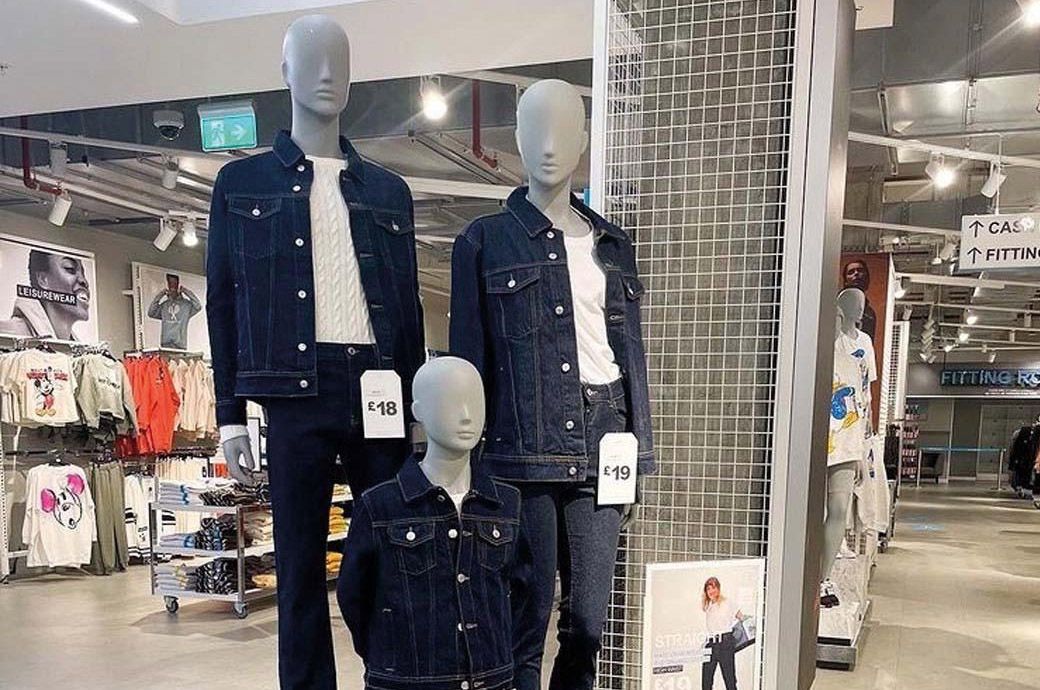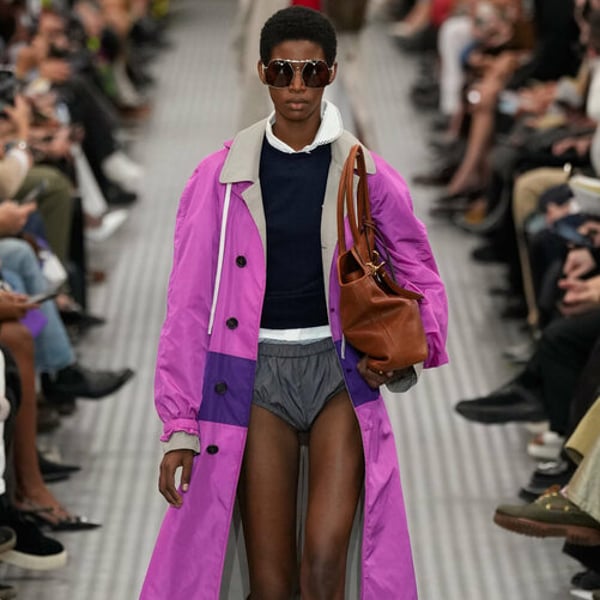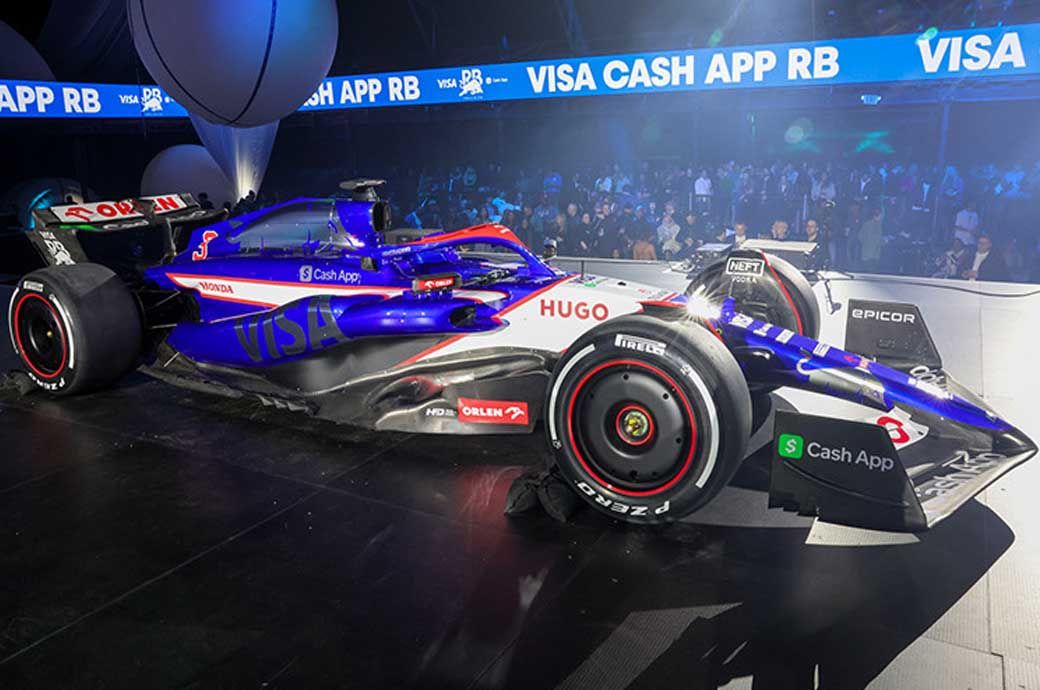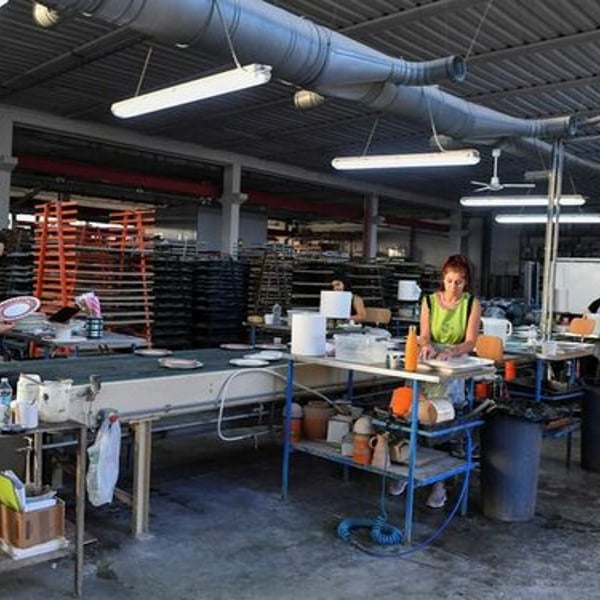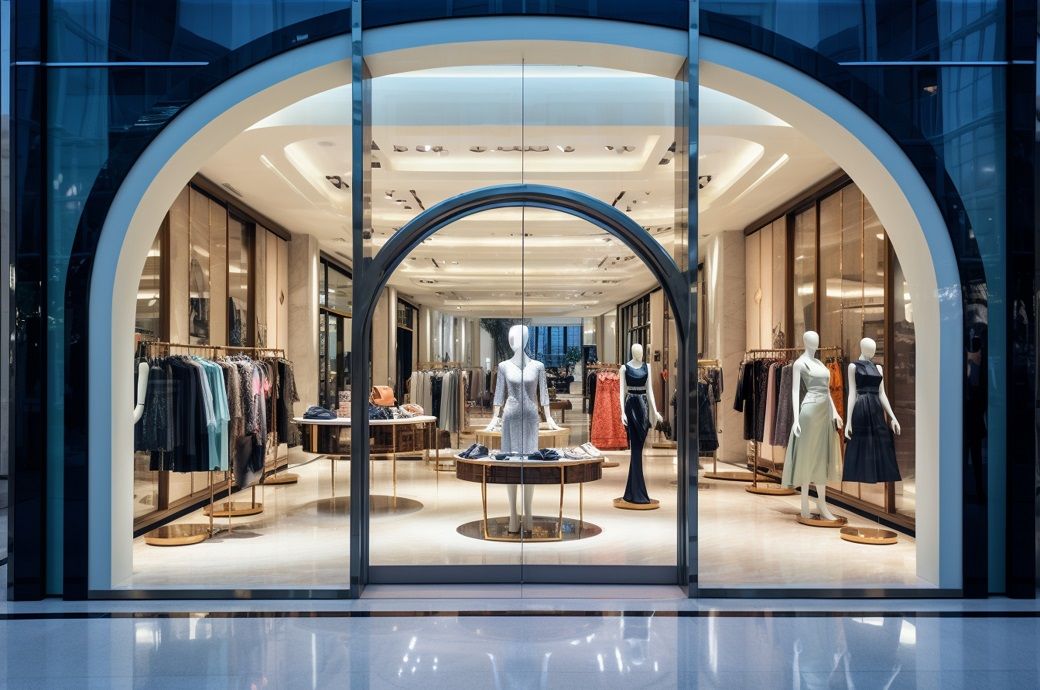Announced this week at the World Fashion Summit in Copenhagen, Primark has joined this initiative along with other brands such as Arc'teryx, H&M Group, Zalando and Reformation. The project is also supported by British for Social Responsibility (BSR), British Fashion Council, Global Fashion Agenda, Fashion for Good, Textile Exchange and Waste & Resources Action Program (WRAP).
This initiative aligns with Primark's commitment to giving clothes a longer life, which forms part of its wider sustainability strategy, Primark Cares. Additionally, although 55% of Primark's clothing is already made from recycled materials or more sustainable sources, the retailer is committed to making 100% of that by 2030.
Primark has joined the Ellen MacArthur Foundation's The Fashion ReModel to scale circular business models, alongside brands such as H&M and Zalando. The project aims to improve resale, rental, repair and reconstruction, aligning with Primark's sustainability strategy. This initiative could reduce the fashion industry's CO2e emissions by up to 16 percent by 2030.
According to the Ellen MacArthur Foundation, it is predicted that if fashion resale, rental, repair and reconstruction could reach a 23% market share by 2030, together this could lead to an overall reduction in emissions. CO2e for the fashion industry of up to sixteen%.
Through Fashion Remodel, Primark will continue to build on approaches to becoming a more circular business and work to find solutions to enable a circular economy in fashion. Primark has been making used clothing more accessible to customers in stores since partnering with Vintage Wholesale Company in 2022 to offer vintage clothing through Wornwell concessions. Developments are already underway for new deals for Primark customers on second-hand products, including a trial of 'Primark presents Pre-loved' in 7 UK stores later this month, which will feature an exclusive collection of old music t-shirts just in time for festival season.
Primark is working to incorporate circular design across its clothing range, meaning clothing that can be reused, repaired and recycled at the end of its life. To integrate circular principles into the design stage, the retailer developed its own Circular Product Standard with support from the Foundation and WRAP and is now training all of its Product teams in circular design. Moving towards its commitment to strengthen clothing durability by 2025, Primark has also partnered with WRAP to create a longer-lasting wash frame. Wash durability tests now cover 39% of all Primark clothing, with 57% of denim tested passing after 30 washes. Additionally, Primark's 'Love it for Longer' repair program has expanded to six markets, with more than 200 free workshops organized from April 2023 and online through a customer center with easy-to-follow repair videos.
Nick Lambert, head of circular products at Primark, said: “There needs to be a greater acceleration towards circularity in the fashion industry to move away from the traditional take-make-dispose model. We started small with our circularity ambitions, but are working to scale this up within our business so it can be truly integrated into the way we design and make our clothing in the future. Scaling up circularity has taken some time, but we really believe we can use our scale to help drive real change for the industry and this partnership will allow us to push Primark even further. “
Jules Lennon, Fashion Initiative Leader, Ellen MacArthur Foundationsaid: “Through their participation in The Fashion ReModel, organizations like Primark are taking new steps on their path towards the long-term circular economy. To truly challenge conventional linear models at scale and to make a circular economy for fashion become the norm: we must accelerate efforts that not only redesign the products of the future, but also the services and business models that deliver them and keep them in use. We welcome business-led actions towards a world where clothing remains in use and is worn many, many times, intertwined in the lives of many people. We encourage others to join these pioneers.”
Note: The content of this press release has not been edited by Fibre2Fashion staff.
Fiber2Fashion News Desk (RM)

